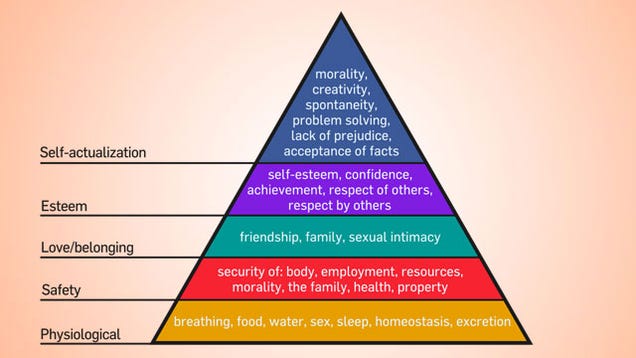BUDGETING
A budget refers to a financial plan written and expressed in monetary terms stating income and proposed expenditure. The ultimate rule for financial success is to spend less than you earn, more so, the best way to do this is to keep track of what you spend.
1. Start From Scratch: If you have a budget that isn't working for you, quit it and start over. Make your mind up on how much you would love to invest, save and spend . After partitioning your income into these three basic divisions, be sure to have a pretty good foundation in budgeting.
2. Account for Every Dime: Starting off, ensure that you've accounted for every penny you make. That doesn't necessarily mean spending it on stuff. Splitting your income into several categories is the best way to make sure it's all accounted for.
3. Concentrate on What is Really Important: Often our minds fool us into prioritizing wants over needs. In drafting your budget, visualize Maslow's Hierarchy of Needs: your physiological needs (food, clothing, shelter) are most important, followed by safety (insurance, utilities), and so on, down to the luxuries, which are the least important. Remember true wealth isn't about your possessions, but rather, having the liberty to do what you want with your life.
4. Prioritize Your Debt : Perhaps you have racked up some debt over the years, that being the case, your budget needs a bit of extra care. Regardless of your earning status, you should prioritize getting out of debt because that actually is a hindrance to your financial liberty.
5. Monitor Your Budget Using a Method That Works for You:There are a billion budgeting apparatus out there, from straightforward spreadsheets to budgeting apps, down to simple pen and paper. If you discover any method that isn't working for you, try something else.
YOU ARE A LEADER!!!




Comments
Post a Comment